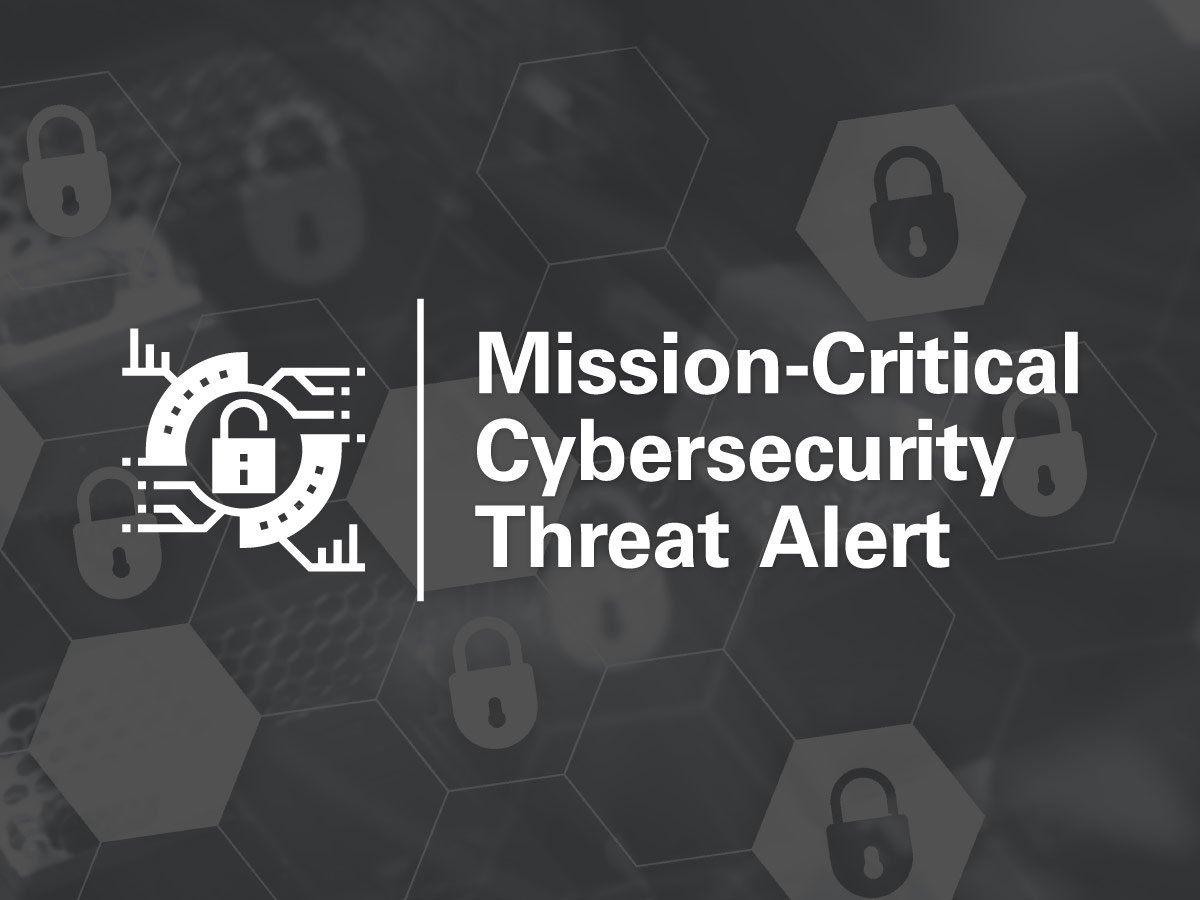Posted by Mike Beagles
As part of our effort to inform our clients about potential and serious cybersecurity issues, MCP provides advisories about vulnerabilities and exploits that could threaten the operations of their critical communications networks. Sign up to receive these advisories in your inbox as soon as they are released.
This week there is a new critical alert that requires the mission-critical community’s immediate attention.
Advisory overview
Hacker group UAS recently had 1.3 million Remote Desktop Protocol (RDP) credentials, i.e., usernames and passwords, for Windows servers leaked by security researchers. The compromised credentials could allow a cyberattacker to log into a compromised RDP server. It is imperative to apply best security practices when handling Windows RDP servers, to prevent cyberattackers from accessing confidential information and granting more insight into a network. Such practices include a strong password policy and ensuring that RDP in not open to the internet.













